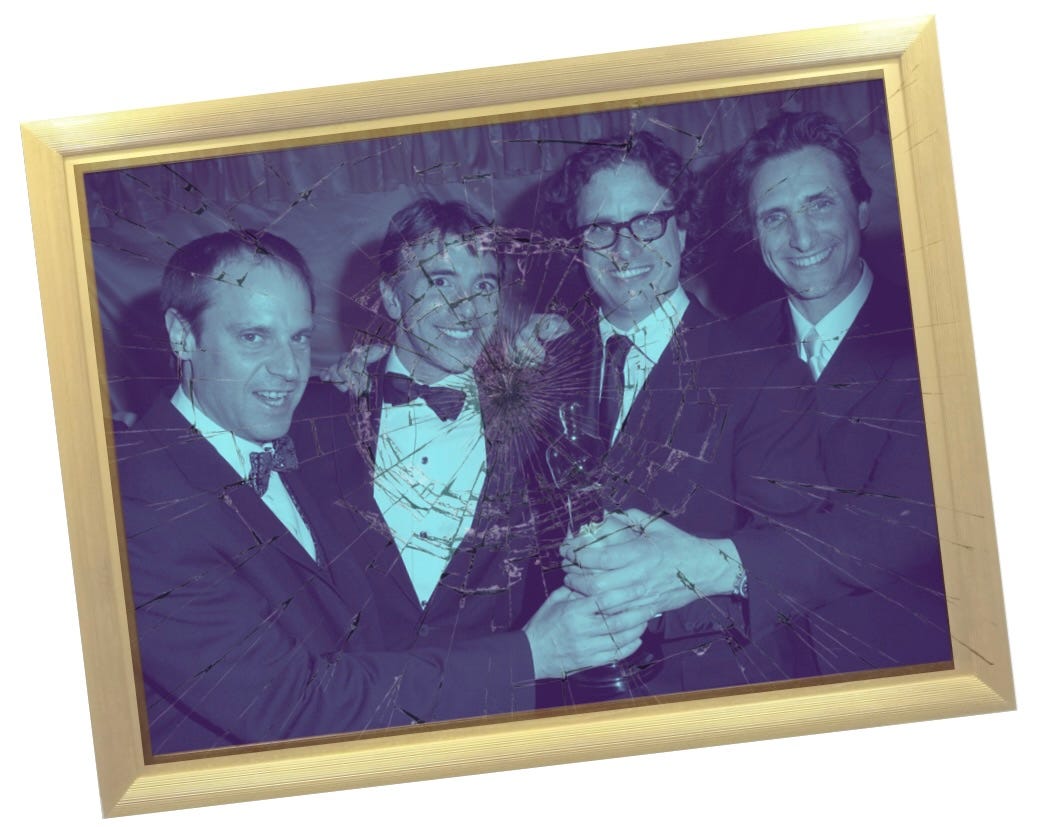Participant and How to Lose Half a Billion in Hollywood*
An autopsy on the company and its founder Jeff Skoll, the latest mogul to take a bath in this town

When Jeff Skoll, founder of the high-profile production company Participant, decided to come to Hollywood just over 20 years ago, people had a message for him. “When I started this, I kept hearing the same phrase over and over: ‘The streets of Hollywood are littered with the corpses of people like you who think they’re going to come to this town and make movies’” he told Fast Company (my former employer) in 2006. “It was almost like, Is that written somewhere? Because it was literally word for word.”
Metaphorically at least, Skoll’s body is now lying in the middle of Wesley St. in Culver City, home to Participant’s soon-to-be-vacated headquarters; on April 16 he announced that he had decided to “wind down operations” at the company.
By one measure, Skoll had about as good a run as a rich arriviste can have in Hollywood. As he boasted in his note announcing the shuttering, Participant made “135 films and 5 series, won 21 Academy Awards, including 2 Best Pictures, 4 Best Documentaries and 2 Best International Features, won 18 Emmy Awards.”
Then there’s another scorecard. Skoll’s net worth around the time he started Participant was $5 billion (as estimated by Forbes). Today, according to the same publication, his net worth is $4.5 billion. In 2005 (the earliest year Forbes’ site shows Skoll’s ranking), he was the world’s 94th richest person. Now he’s No. 692.
By that measure, Skoll’s leaving Hollywood with a participation ribbon.
Skoll, of course, is not the first billionaire to fall into Hollywood’s “confounded money pit,” as Richard has described the entertainment industry.
(*Yes, I know Skoll’s net worth is more complicated than this — investments, philanthropic endeavors, etc — but the fact is he had $5 billion when he entered the pit and he’s leaving with less. Adjusting for inflation, that $5 billion is almost $8.3 billion in 2024 dollars, so if anything I’m being charitable. Over the last two decades, the market has grown an average of almost 7 percent a year. As investment vehicles go, Hollywood is not the S&P 500.)
A representative for Participant declined to comment for this story. A representative for Skoll did not respond before publication.
But his company’s death deserves an autopsy. Because unlike the liquor magnates and oil barons who have come to town with big money and dreams, Skoll was the first internet entrepreneur to hit Hollywood. He would not be dumb money.
He had ideas for how to do things differently. Skoll’s company made a lot of very good movies, but he wanted to make movies and TV to change people’s minds. And that’s when things went sideways.


